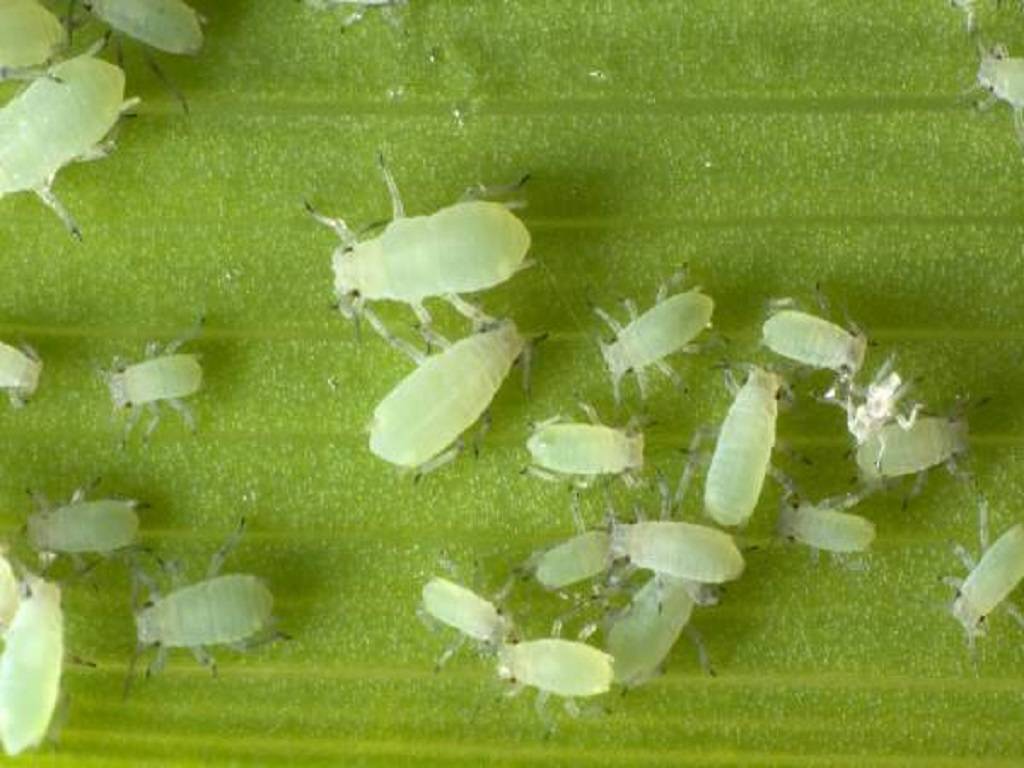
One of the advantages of indoor hydroponic gardening is that pests are significantly less likely to attack your plants. However, "much less susceptible" does not imply "impenetrable," because bugs are widespread in hydroponic farming.
Learn about the most prevalent pest and how to handle them if they appear in your hydroponic garden.
Spider Mites
Spider mites are not favorable to hydroponic cultivation. Since these small pests are only a millimeter in diameter, their webs are more visible than the mites themselves. If you notice a spider mite infestation, act swiftly because it will rapidly proliferate and might eventually take over your whole garden.
Spider mites make their living by sucking plant sap and fluids. This destroys the structure of the plant and makes it susceptible to disease. If you find yellow, withering leaves on your plants, look for webbing cause you may have a spider mite infestation.
Prevention
If your infestation is too extensive for trimming but still manageable, a soap spray may be a solution. Spray three teaspoons of insecticidal dish detergent (such as Castile, Ivory, or Murphy's Oil) with a gallon of water on afflicted areas. Repeat every day for one to ten days. Consider applying pyrethrum, a mite killer manufactured from chrysanthemum flowers, for larger infestations.
Naturally, the best approach to deal with spider mites is to prevent them from taking hold. Consider introducing helpful insects like a praying mantis or ladybugs into your garden as a natural and pesticide-free prophylactic. These also offer the advantage of preventing pest infestations without the use of dangerous chemicals or sprays.
White Flies
The whitefly is another insect that can be discovered on a hydroponic farm. Whiteflies, similar to spider mites, sustain by drinking plant sap, which is toxic and makes them susceptible to diseases. Whiteflies are little flying insects with white or yellowish coloration. They infest tomatoes and peppers the most, but they can potentially infect other plant kinds.
Prevention
These flies lay their larvae on the undersides of the leaves and feed on them. Monitor these regions on a frequent basis, particularly if you've noticed any flies in your garden. In the greenhouse, some growers use sticky traps. Even though these won't stop an infestation, they are a useful way to detect a whitefly infestation in its initial stages if checked frequently.
Whiteflies, like spider mites, can be killed using a soapy spray remedy. If you have a greater infestation, neem oil, a natural remedy derived from the neem tree, may be used. Consider using nematodes as a non-chemical option. These beneficial microscopic worms kill whitefly nymphs from the inside out, and they may be used in almost any type of garden.











